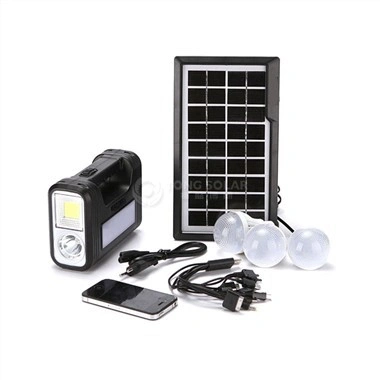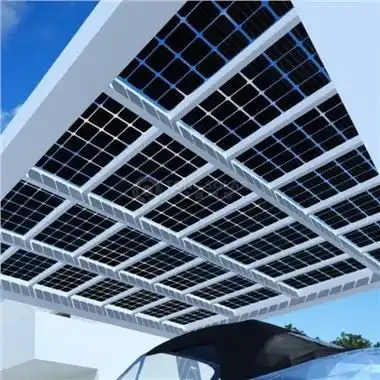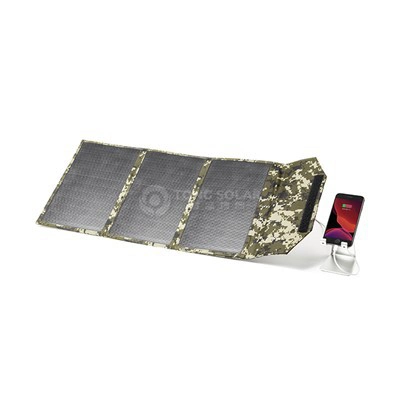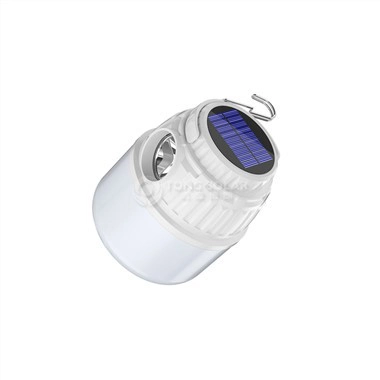How Long Does Type 2 Charging Take?
2024-01-18 10:33:43
Electric vehicles (EVs) have become increasingly popular over the past years due to their low cost of ownership and environmental benefits. As more and more people switch from gas-powered cars to EVs, the infrastructure to support them has also been growing. One of the most important aspects of this infrastructure is the charging network. Understanding how long it takes to charge your EV is crucial when planning your driving routes or day-to-day routine. Type 2 Portable EV Chargers are among the most common charging stations for EVs.
.jpeg)
Introduction
Type 2 chargers use AC power and provide increased charging speed compared to Type 1 chargers. This is because they deliver around 240 volts of power and can charge an EV battery anywhere from five to seven times faster than Type 1 chargers.
The charging time for Type 2 charging depends on several factors, including the size of the vehicle's battery, the level of charge remaining in the battery, and the available charging rate. Most modern EVs have batteries with a range of between 200 and 300 miles, which can take anywhere from 30 minutes to several hours to charge depending on the size of the battery and the charging speed.
Level 2 chargers are common in the home, workplace, and public settings and can charge an EV to full from empty in 4-10 hours. Direct current fast chargers (DCFCs) are commonly found as public chargers and along highway corridors and can charge an EV to 80% in under an hour. A Level 3 fast charger can charge an EV up to 80% in 30 minutes, but these are expensive and not as widely available as Level 2 chargers.
.jpeg)
Notice
When charging an EV, it's important to note that the speed of charging decreases as the battery charges. This is because the charging rate is limited by the available charging power and the chemistry of the battery itself. Once the battery reaches around 80% charge, the charging speed will decrease significantly due to the limitations of the battery's chemistry, and it will take longer to complete the charging process.
It's also worth noting that the time it takes to charge an EV can vary based on the weather conditions. Charging speed can be reduced in cold weather due to the battery's reduced efficiency, and hot weather can cause the battery to heat up and reduce charging efficiency.
Conclusion
In conclusion, the time it takes to charge an EV using a Type 2 charger varies depending on several factors including the size of the battery, the level of charge remaining, and the available charging rate. On average, a Level 2 charger can fully charge an EV in 4-10 hours, while a DCFC charger can charge an EV to 80% in under an hour. However, the charging speed decreases as the battery charges, and weather conditions can also affect the time it takes to charge. Understanding these factors can help EV owners plan their charging more effectively, making it easier to incorporate EVs into their day-to-day lives.







